Optimal Timing for Ro Water Purification
Determining the optimal timing for Ro water purifications depends on various factors including water quality, usage patterns, and system maintenance schedules. Regular testing of water sources helps identify when purification is necessary to maintain water safety and quality. Typically, water purification is recommended when water tests indicate high levels of contaminants or after periods of heavy usage that may introduce impurities.
Conduct water tests periodically to identify contamination levels requiring purification.
Follow manufacturer guidelines for filter replacements and system checks to ensure optimal performance.
Heavy rainfall or drought periods can affect water quality, prompting more frequent purification.
Increased household water consumption may necessitate more frequent purification cycles.
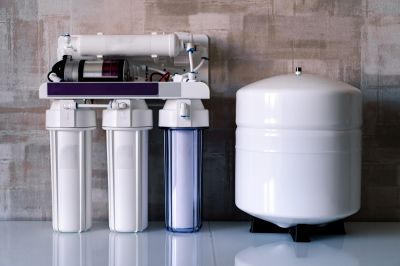
A typical reverse osmosis system installed in residential settings.
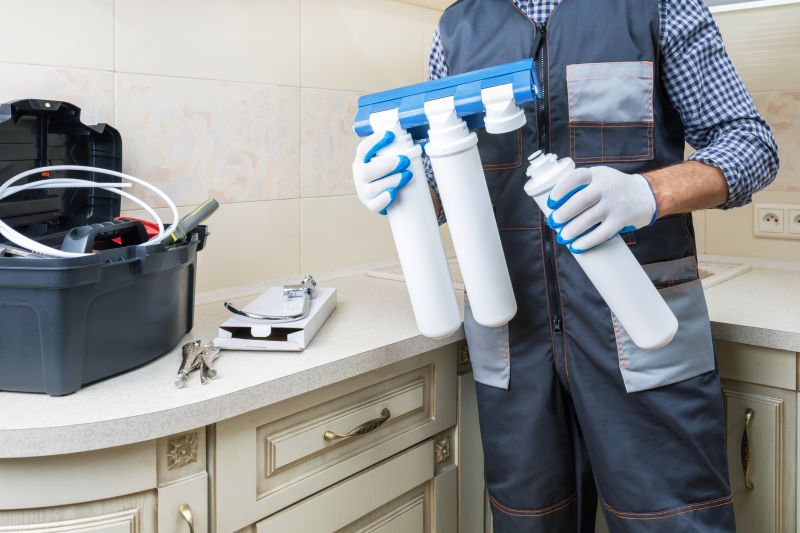
Tools used to measure contaminant levels in water sources.
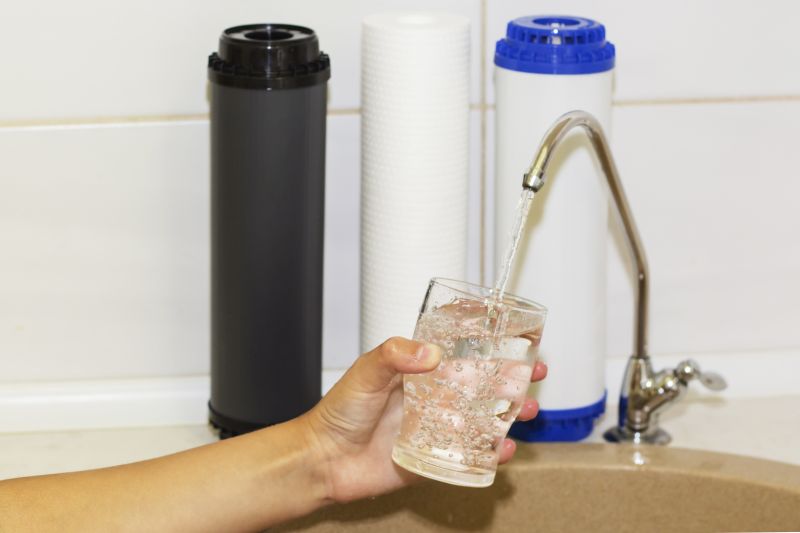
Clean, purified water dispensed through dedicated taps.
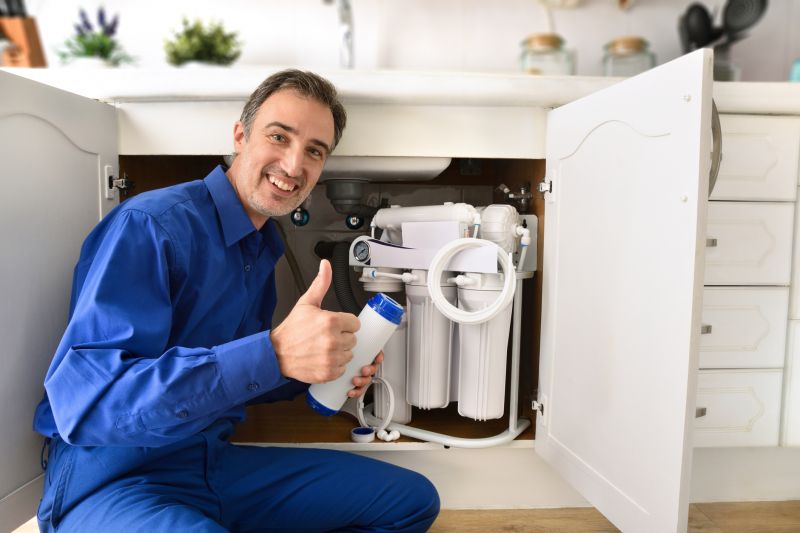
Ways to make Ro Water Purifications work in tight or awkward layouts.
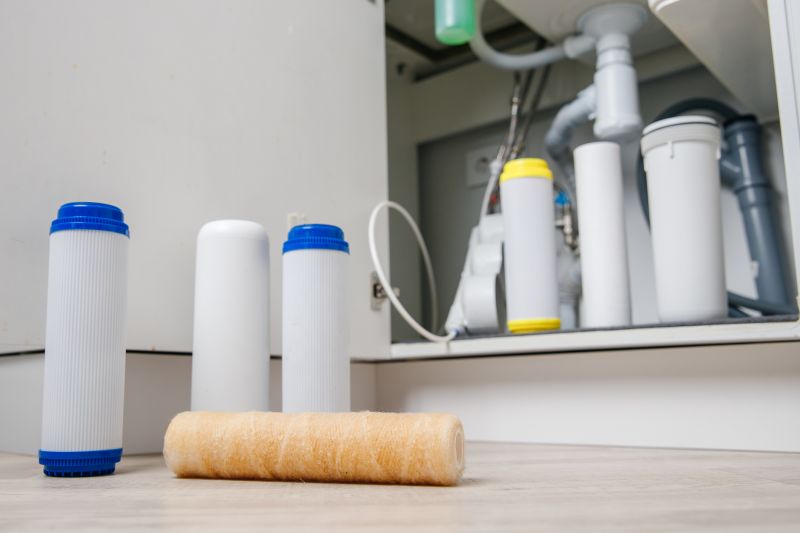
Popular materials for Ro Water Purifications and why they hold up over time.
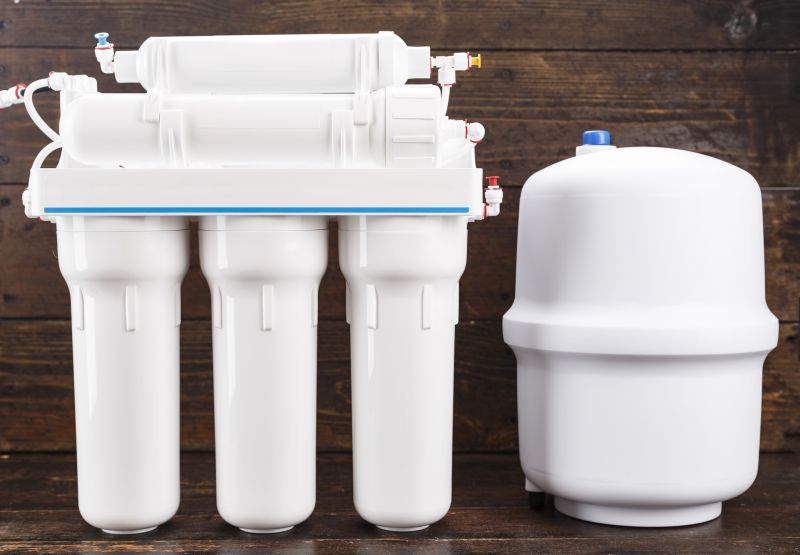
Simple add-ons that improve Ro Water Purifications without blowing the budget.
| Factor | Recommendation |
|---|---|
| High Contaminant Levels | Perform purification immediately |
| Heavy Water Usage | Schedule purification more frequently |
| Post-Heavy Rainfall | Test and purify if contamination is detected |
| Natural Disasters | Purify water sources as needed |
| Seasonal Changes | Adjust purification frequency accordingly |
Reverse osmosis water purification systems are highly effective at removing a wide range of contaminants, including dissolved salts, bacteria, viruses, and organic compounds. They are widely used in residential, commercial, and industrial applications to ensure water safety and quality. Regular maintenance, including filter replacements and system checks, is essential for optimal performance. Statistics indicate that proper Ro system maintenance can extend the lifespan of the unit and improve purification efficiency.
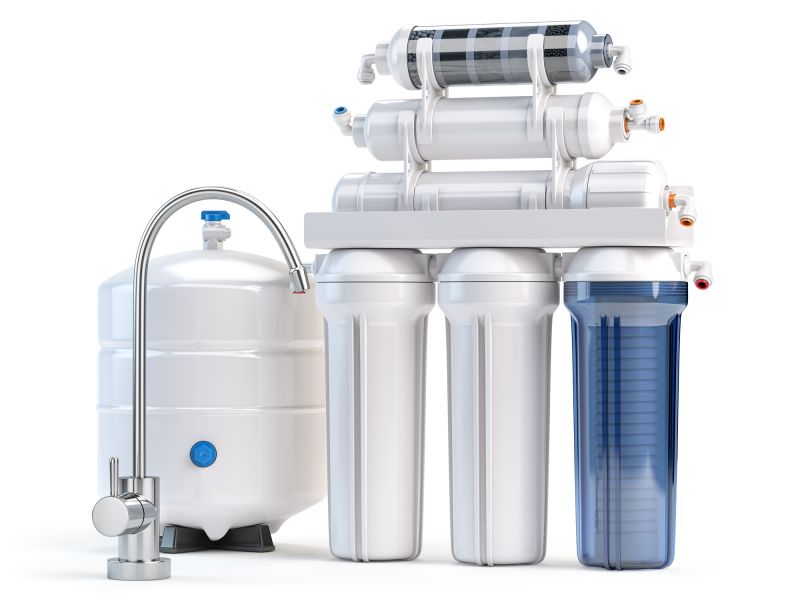
Key parts of a reverse osmosis water purification system.
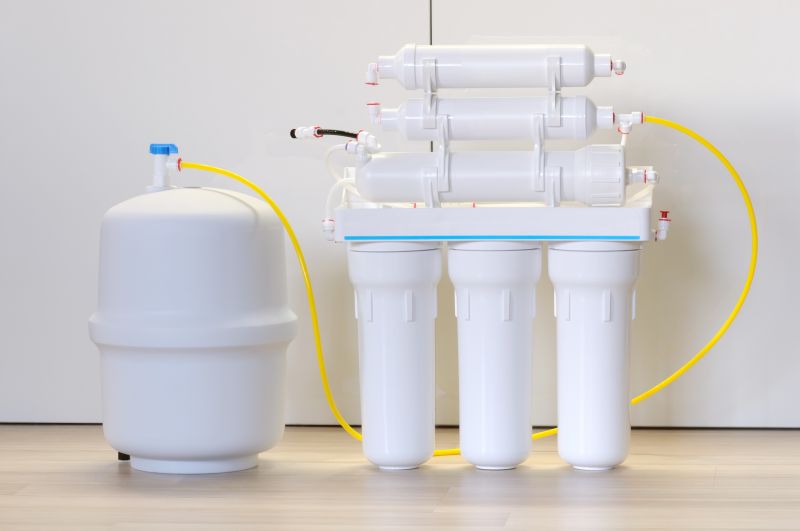
Devices used to ensure water meets safety standards.
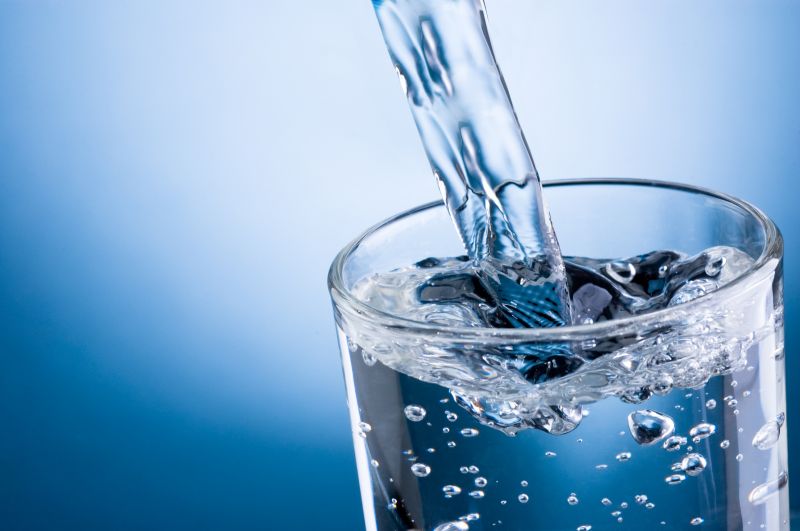
A glass of purified water ready for consumption.
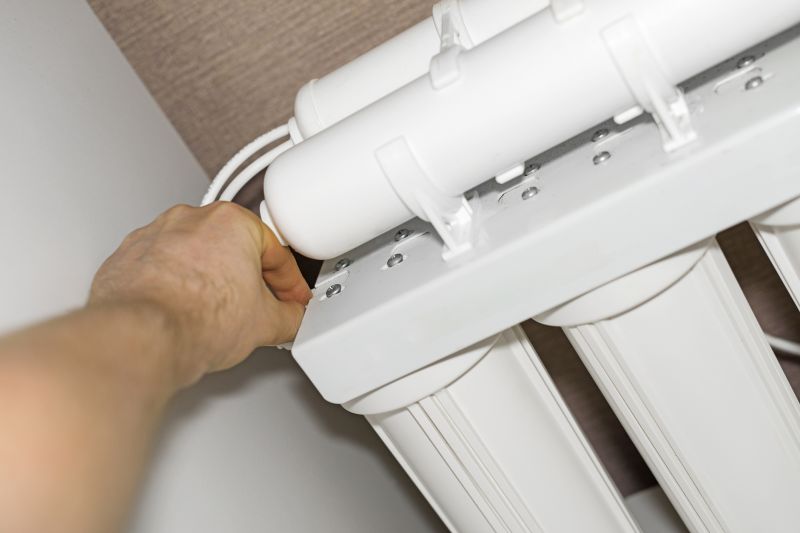
Steps involved in setting up a reverse osmosis system.
Interested in implementing a reverse osmosis water purification system? Filling out the contact form can provide additional information and facilitate the process of establishing a reliable purification setup tailored to specific needs.
